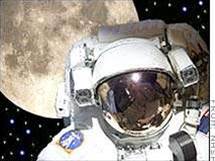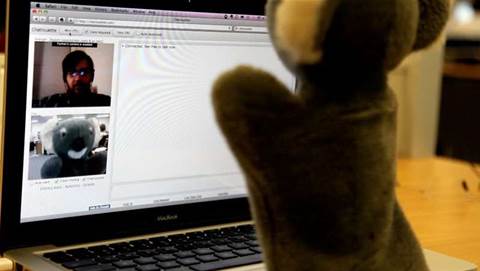
In a report previewed by a Planetary Defence Conference in Washington on Monday, officials said it would cost about US$1bn to find and track around 90 percent of the estimated 20,000 potentially hazardous near earth objects (NEOs) by 2020.
"We know what to do, we just don't have the money," said Simon Worden, director of Nasa's Ames Research Centre.
The report follows a request from US Congress in 2005 for Nasa to create a plan to find, track and possibly deflect the most dangerous NEOs.
Nasa already tracks some of the largest space debris, of at least 1,000m in diameter, but hopes to track smaller objects down to a diameter of 140m which are still large enough to cause major devastation.
These NEOs pose a significant threat even if they do not collide directly with the planet. If they were to touch the planet's atmosphere, the shockwaves created by explosions from the heat could still be catastrophic.
Nasa has offered three possible solutions. The first is to create a ground telescope dedicated to the job of hunting and tracking asteroids. This would work in conjunction with other agencies' telescopes and cost around $800m.
The second, but most expensive, option is to launch a space infrared telescope dedicated to the job costing an estimated US$1bn.
The third, and cheapest, option would be to use existing telescopes from agencies around the world at a cost of around US$300m.
Unfortunately the White House has rejected the proposals, deeming them all too costly.
"The decision of the agency is that we just cannot do anything about it right now," said Nasa programme scientist Lindley Johnson.

_(33).jpg&h=140&w=231&c=1&s=0)
_(20).jpg&h=140&w=231&c=1&s=0)
_(23).jpg&h=140&w=231&c=1&s=0)
_(28).jpg&h=140&w=231&c=1&s=0)





 iTnews Executive Retreat - Security Leaders Edition
iTnews Executive Retreat - Security Leaders Edition
 iTnews Benchmark Awards 2026
iTnews Benchmark Awards 2026
 iTnews Cloud Covered Breakfast Summit
iTnews Cloud Covered Breakfast Summit
 The 2026 iAwards
The 2026 iAwards











_(1).jpg&h=140&w=231&c=1&s=0)



